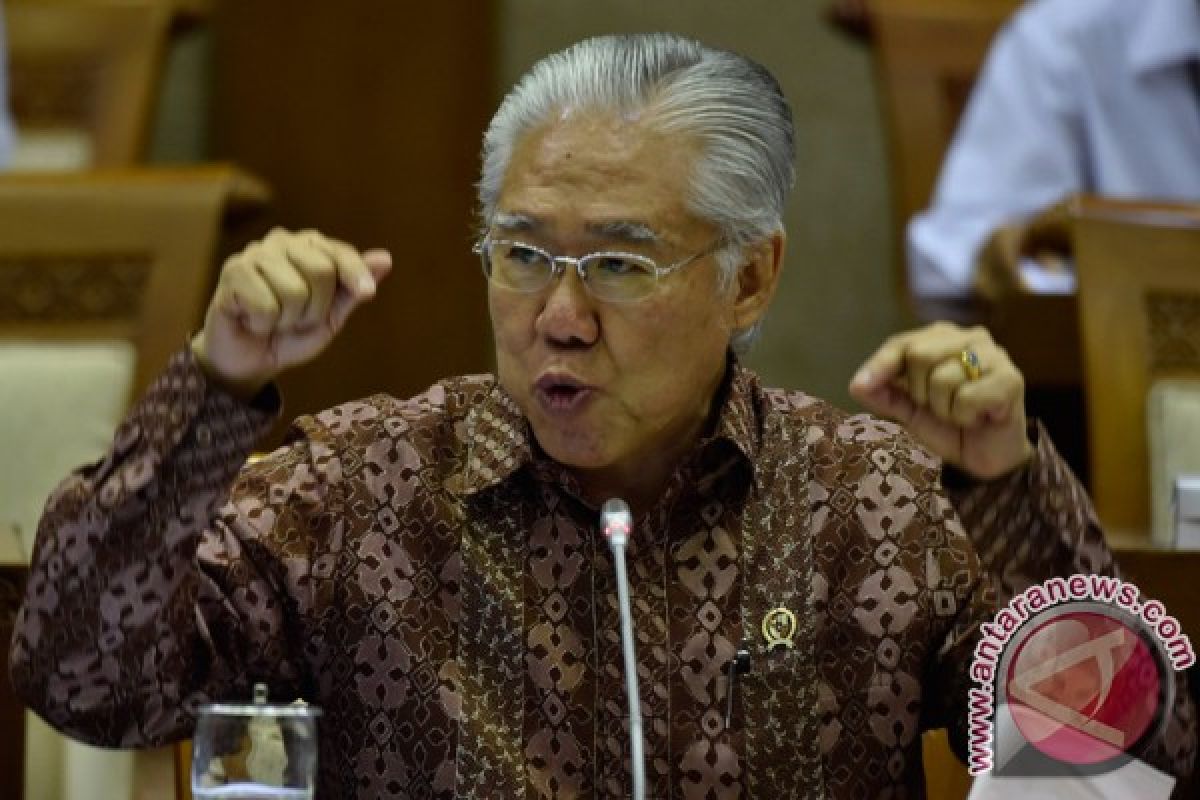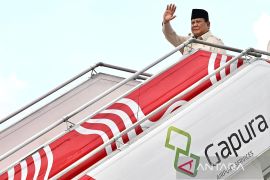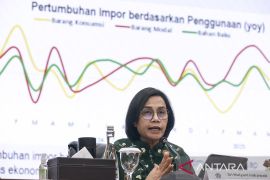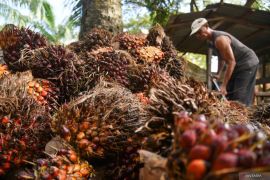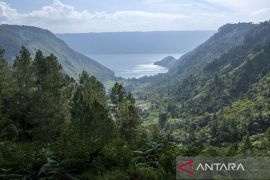"The target of 11 per cent growth could be reached. I want it to be even higher. But we do not know what will happen in the future," Enggartiasto said.Jakarta (ANTARA News) - The government has revised its target of non-oil and gas export growth from 5-7 per cent to 11 per cent in 2018.
Trade Minister Enggartiasto Lukita said the revision was based on optimism toward the global economic condition and the increased price of certain commodities, including coal, which would directly impact Indonesia`s exports.
"The target of 11 per cent growth could be reached. I want it to be even higher. But we do not know what will happen in the future," Enggartiasto noted on the sidelines of the ministry`s working meeting here on Friday.
He further remarked that in 2017, the ministry attempted to open access to the market, especially non-traditional markets, and finalize some international as well as bilateral and multilateral cooperation agreements.
Nigeria has become a potential non-traditional market for Indonesia. But the country has restricted its imports, which was needed by business operators in the country, in a bid to stabilize its foreign exchange market.
The West African country has issued a regulation that restricts the import of certain goods and services to obtain foreign exchange in its market.
Among the restricted commodities are palm kernel, palm oil products, vegetable oil, rice, margarine, and furniture.
"We will form a team for mutual trade. It will involve all stakeholders, including businessmen," the minister added.
In 2017, Indonesia`s export value was recorded at US$168.73 billion, an increase of 16.2 per cent, compared with the $145.2 billion earned by exports in the previous year. The government`s target for export growth was set at 5.6 per cent.
Trade balance during the period recorded a cumulative surplus of $11.83 billion, comprising trade surplus in the non-oil and gas sector of $20.40 billion and trade deficit in the oil and gas sector of $8.57 billion.
Head of the Investment Coordinating Board Thomas Lembong stressed that investment is needed to increase exports, which would create jobs and produce value-added and competitive products.
The increase in investment in 2017 was not sufficient, Thomas noted.
Investment in 2017 reached Rp692.8 trillion, up by some 13 per cent, compared with the Rp612.8 trillion investment in the previous year.
"It is not investors that need us; rather, we need them to create jobs and for production. Investors have a choice. If our process is complicated and difficult, they will move to neighboring countries, such as Vietnam, Thailand, or Malaysia," Thomas added.
Reported by Vicki Febrianto
(S022/INE)
EDITED BY INE/H-YH
(T.SYS/A/KR-BSR/H-YH)
Reporter: antara
Editor: Heru Purwanto
Copyright © ANTARA 2018
